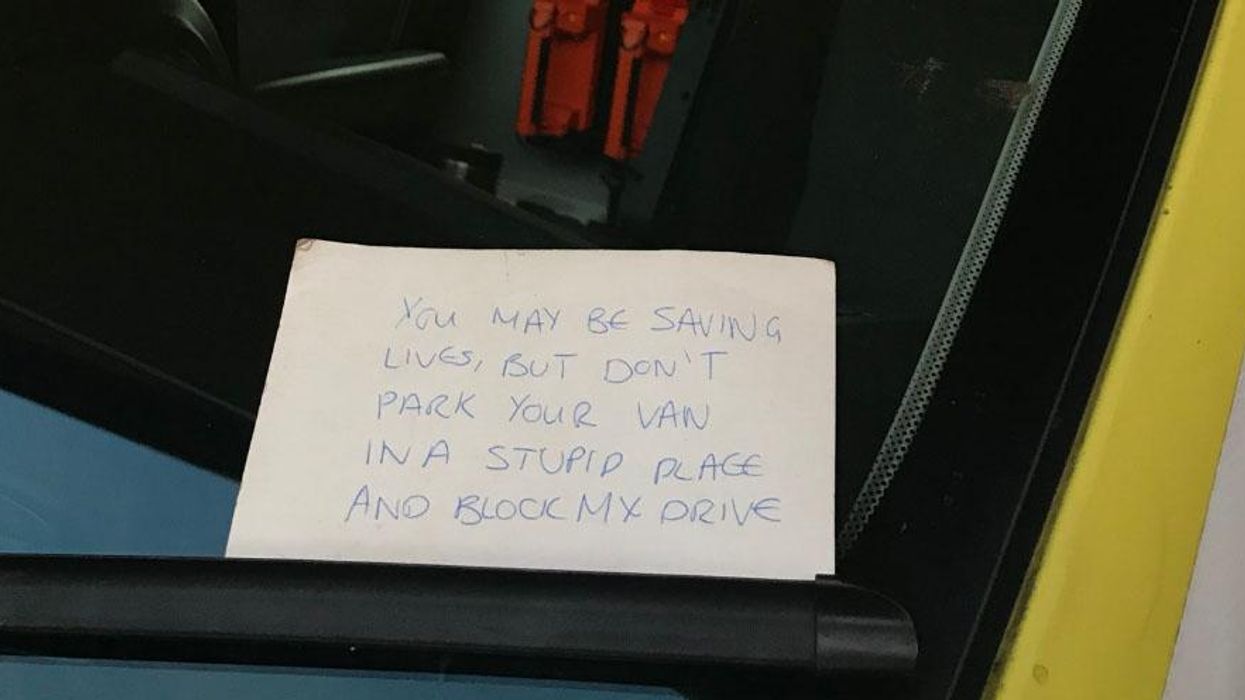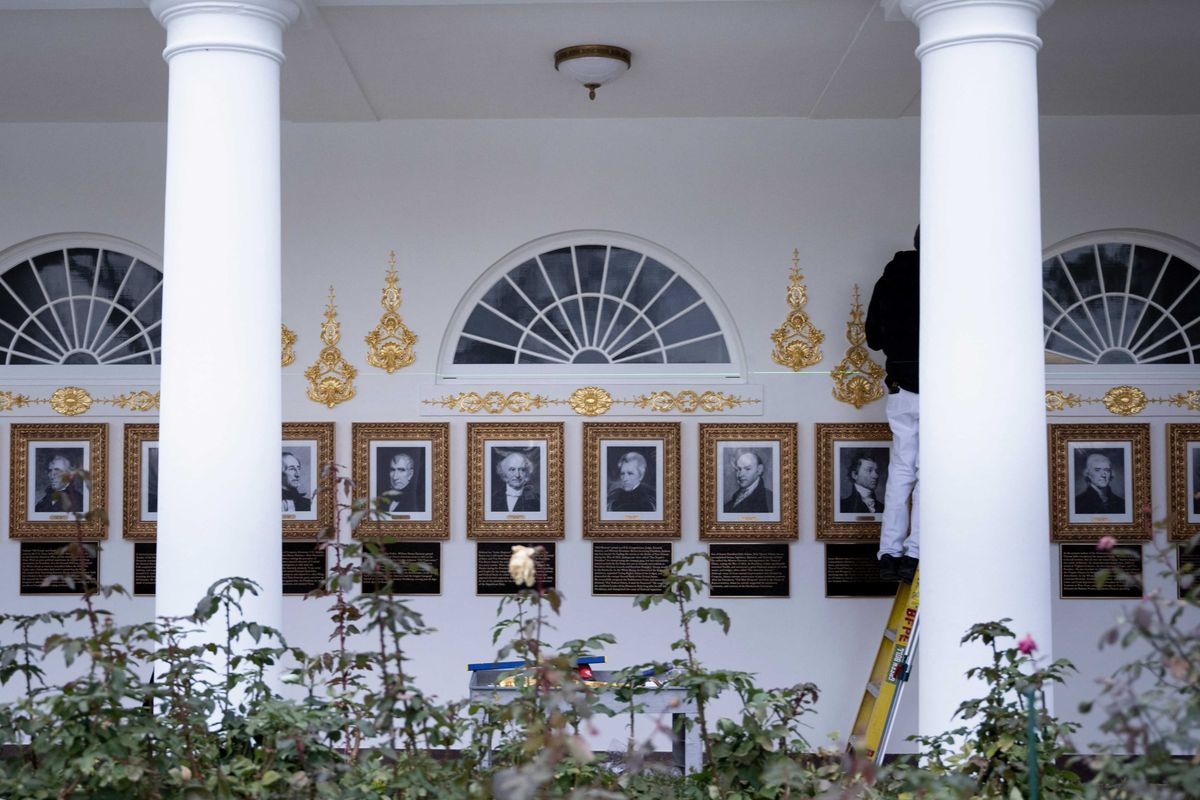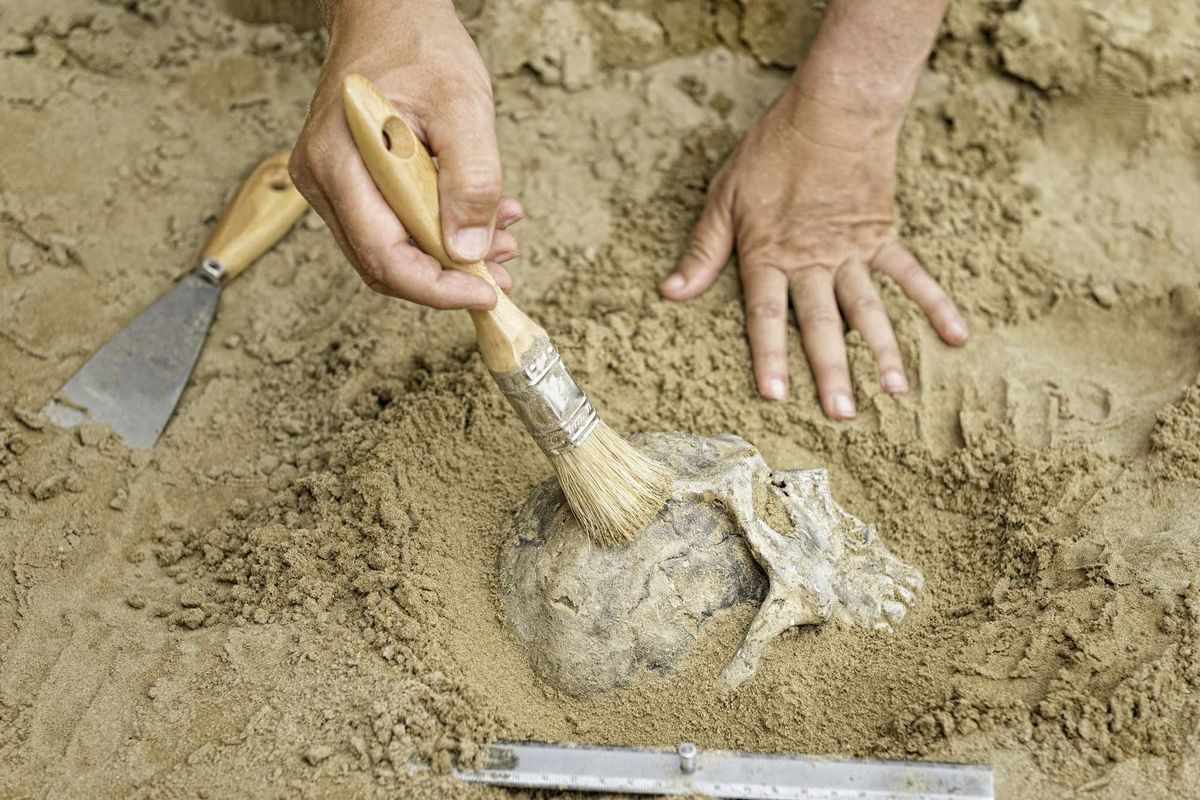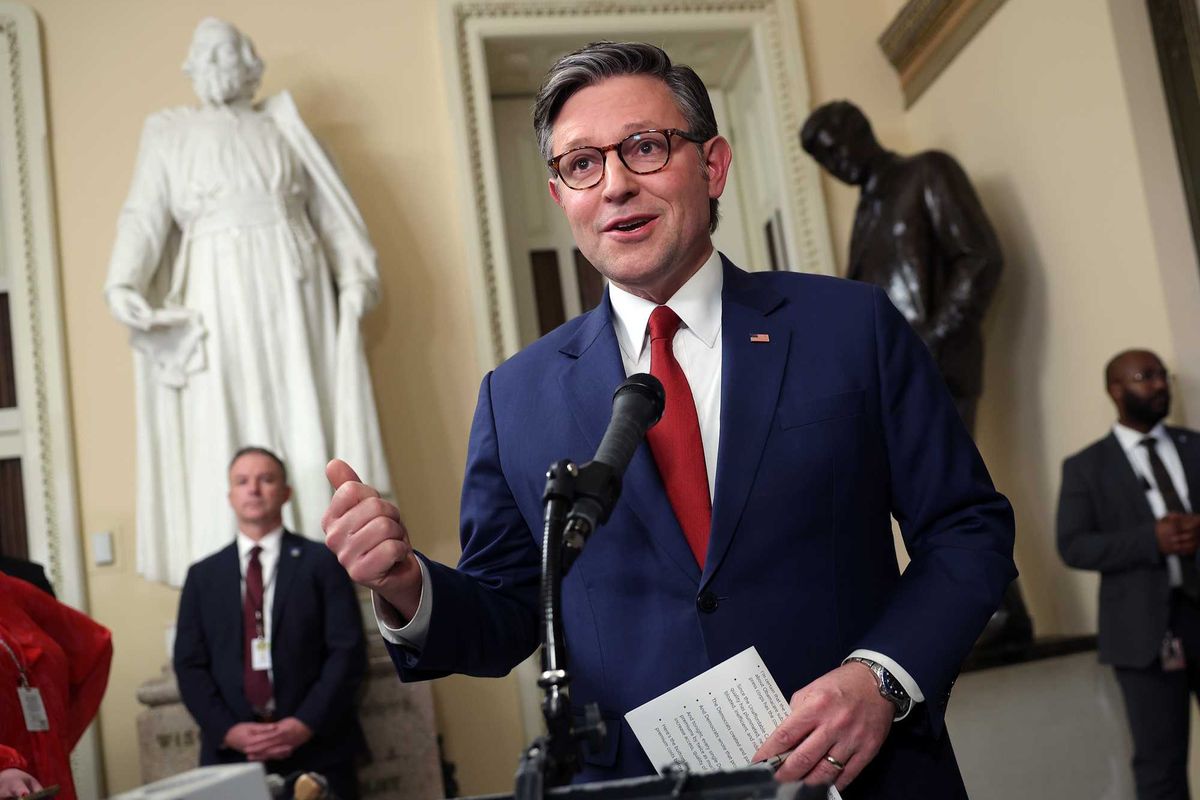News
Greg Evans
Nov 24, 2017

Picture:
Twitter/Tasha Starkey/Screengrab
You may recall a few weeks ago the story of an angry note left on an ambulance blocking a driveway.
At the time there was widespread fury at the ignorance of the note left on a West Midlands ambulance while paramedics were tending to a critically ill patient in the vehicle.
The note wasn't discovered until the crew brought the patient to a local hospital, they then photographed it and shared it on Twitter.
Rachel Henaghan was one of the paramedics on the scene when the note was placed on the ambulance, and in a frank and honest article for The Guardian has explained what has happened since the story went viral.
Unfortunately, this type of occurrence isn't uncommon and she admits that they usually try to take "a measured approach" to parking.
On this occasion they couldn't do that, as the road was double parked and they couldn't take the risk of searching for an available space given the condition of the patient.
For Rachel, the fact that someone would leave a note wasn't surprising, as public confrontation is becoming part of the job.
She says:
The note didn't surprise me. I’ve seen it before. I was probably more surprised that someone hadn't confronted us.
It would be more common for people to knock on the door or approach us in person while we’re on a job.
When you’re working as a solo responder in a car, that can be quite intimidating.
Rachel explains that the nature of the note wasn't what was troubling her; it was how the story was being covered by the national press, and the sensitive details that were being disclosed.
She feared that the publication of such information would expose the identity of the patient.
Sadly, more distressing news would soon find its way to her through the media.
I later found out via the media that my patient had died.
I was only with them for 45 minutes, but they were conscious and I had talked to them.
Many patients are unconscious or too poorly to communicate, so you expect the worst. This wasn't like that.
Normally I’d find out about a patient through a colleague or someone at the hospital.
All this information came out because of one tweet
Rachel adds that she now has reservations about emergency services using social media. While it can provide valuable information to the public it can also expose the identities of vulnerable people.
Now, just over two weeks after the tweet gained widespread attention, the social media storm has been too huge for her to simply ignore.
In 17 years of working for the ambulance service, there have been few cases that I have taken home with me, but this is one I cannot avoid.
This story made headlines, but I wonder if it’s helped anybody.
Has it made people think twice before being confrontational with ambulance crews?
Livingston House, where we attended, is a charity. Has it had any donations?
Has it been helped? I would like to think so, but probably not.
HT Guardian
More: This doctor’s incredible story shows just how important the NHS is
Top 100
The Conversation (0)













